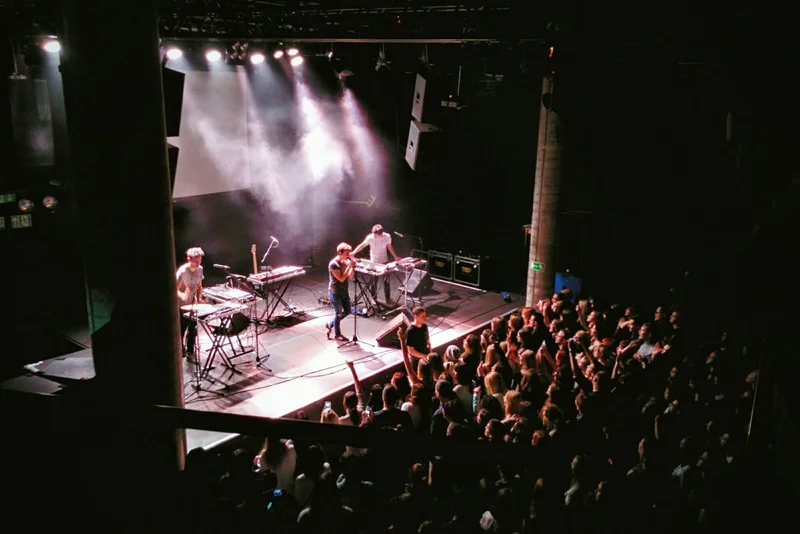With spring on the way and vaccine boosters now widely available, hopefully Covid rates will decrease in the next few months and make it possible for more people to attend events, especially if they are held outdoors. Nevertheless, it is still important to ensure that your events are as Covid-safe as possible, given that the disease can be so harmful, particularly for those with pre-existing medical conditions such as asthma and for those undergoing treatment like chemotherapy. When organizing an event it is also vital to make sure that it is accessible to as many people as possible from a disability and neurodivergence perspective. Here are some ideas on how to make your next event as Covid-safe and accessible as you can.
Table of Contents
Make sure there’s plenty of level outdoor space
When choosing a venue for your event, pick one with as much outdoor space as you can so your guests can participate in all activities without worrying about lack of ventilation and the associated risk of infection. Putting down temporary flooring such as ground reinforcement grids in your outdoor space will make it level and thus accessible to those using wheelchairs, scooters, walking sticks and other mobility aids. Temporary flooring will help you maximize the usability of your outdoor space and therefore make it easier to maintain social distance at events.
Consider the location of the restrooms
Having restrooms available at events is more important than ever during a pandemic. Ideally, your restrooms will be located as close as possible to the door connecting the outdoor space to the inside of the building, to minimize the length of time that your guests will need to spend indoors in order to use the restroom. You will need at least one stall which is accessible to someone in a wheelchair, as well as a ramp at the entrance to the building if the ground is uneven. If you are considering hiring portable toilets, you will be pleased to know that there are wheelchair-accessible ones available.
Hire a sign language interpreter
If your event includes live speeches, remember to hire an interpreter for the sign language most widely used in your area, such as American Sign Language (ASL) or British Sign Language (BSL). D/deaf people and people who are hard of hearing often rely on lip-reading to understand speech, which is rendered impossible by the use of masks. Holding events outdoors also takes away the option of using a hearing loop, which would otherwise make the event accessible to d/Deaf people with cochlear implants and to hard of hearing people who use a hearing aid.
Be mindful of noise levels
On the topic of sounds, it is worth noting that many people—both adults and children—struggle to cope with very noisy environments due to neurodivergence. Those with neurotypes such as Autistic Spectrum Disorder, Sensory Processing Disorder and Auditory Processing Disorders can become very distressed if exposed to loud noises. To make your event more accessible, hire a tent or marquee as a designated silent space, and hang up blankets all over its walls to reduce the amount of noise coming in.
Read also: Creative Ways To Promote Your Next Event

